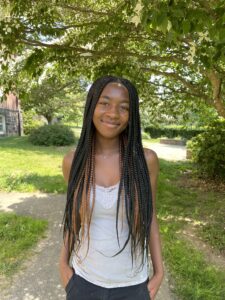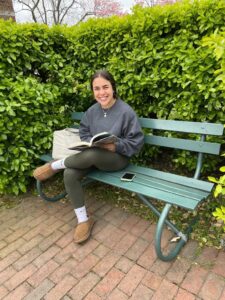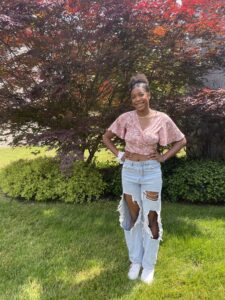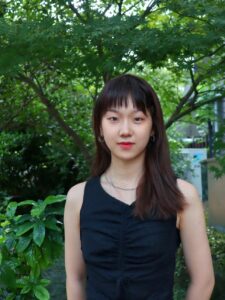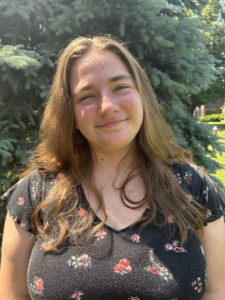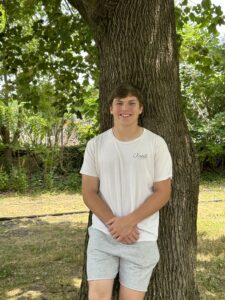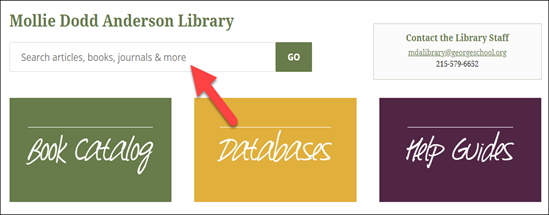The first year of this course emphasizes a student’s ability to respond independently to works they have not seen before. Students work toward written and oral commentaries which pay particular attention to the writer’s craft. This course furthers students’ understanding that while literature is considered a product of the time and culture within which it was written, we strive also to look for universal understandings or transcendent beliefs that unify human existence or human culture. Students learn that writers are often in communication with writing and writers of previous times, creating a discourse across time. The course examines the various roles that literature then plays in society and the nature of the knowledge acquired through literature. Through reflection and inquiry, students examine how their own experiences influence the way that they understand and respond to what they read. Students are expected to participate in class discussions every day, weighing various points of view, synthesizing ideas in relation to each other, and ultimately forming an opinion of their own. Written and oral assignments are both creative and critical in their implementation and process, demanding an ever-increasing appreciation of the choices writers make in their work. These assignments take students through the process of gaining feedback, editing, and revising. Each term is a self-defined unit covering an aspect of world literature, focusing on the skills of close reading, inquiry, writing, and speaking. Skills practiced include close reading and analysis, introductory work with secondary sources, discussion, oral presentation, and formal analytical writing. Assessments include reading checks/quizzes/journals, a formal IB HL essay, and practice with IB-guided literary analysis and IB comparative essays.
In the second year of this course, students are expected to formulate complex and nuanced interpretations of literature independently and to challenge the interpretations of others. Excellent reading comprehension and attention to detail are assumed, as is the ability to move quickly to abstractions. Skills practiced will include close reading and analysis, introductory work with secondary sources, discussion, oral presentation, and formal analytical writing and assessments will include reading checks/quizzes/journals, a formal IB individual oral, and practice with IB guided literary analysis and IB comparative essays. Among the authors recently studied are Achebe, Conrad, Greene, Kafka, Heaney, Ishiguro, Shakespeare, and Szymborska.
This two-year course fulfills the requirements of the IB English A: Literature HL curriculum and is made up of three IB-specific mods in 11th grade and three IB-specific mods in 12th grade.
Students enrolled in this course must sit for the IB English A: Literature HL exam in 12th grade.
Min-Max Credit Hours: 6.0-6.0
Prerequisite: Participation in the IB Diploma Program OR AP English Language & Composition OR departmental permission and a final grade of B+ in English 10 OR departmental permission and a final grade of A- in English 11
Open to: 11, 12
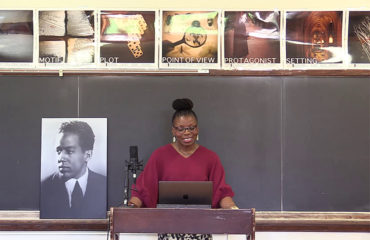

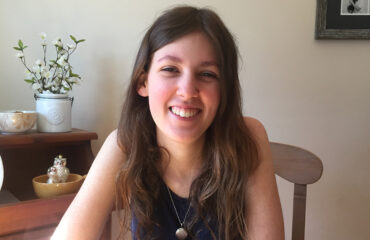
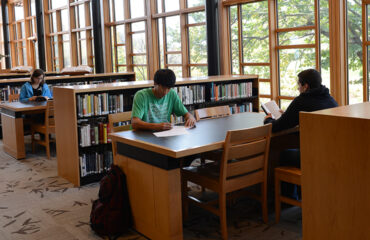
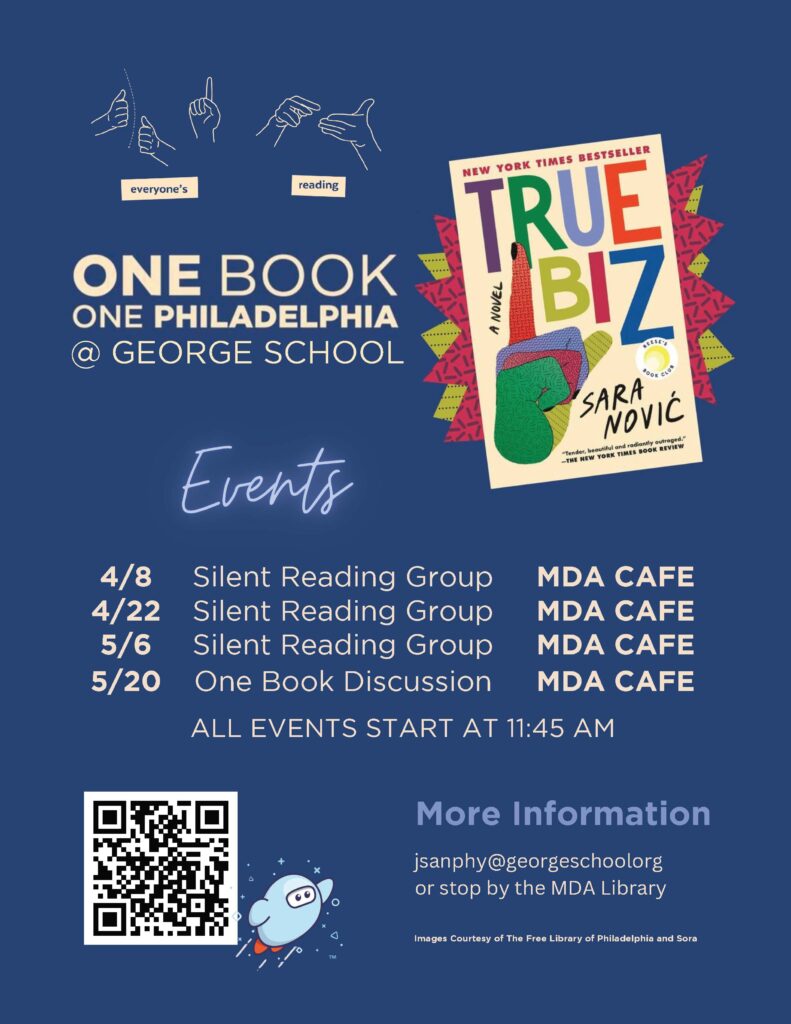
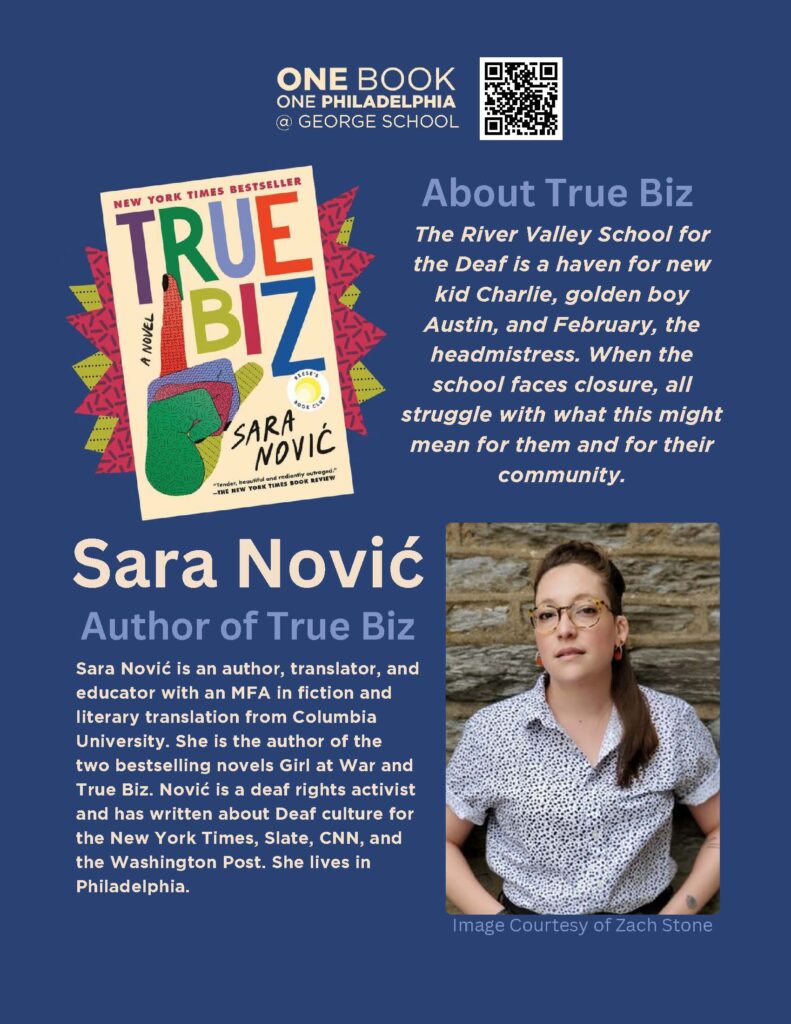
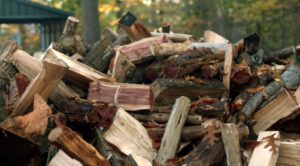


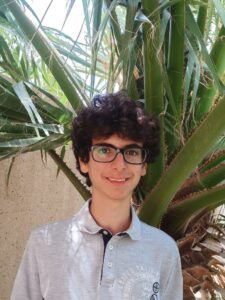 Monastir, Tunisia, and Amman, Jordan
Monastir, Tunisia, and Amman, Jordan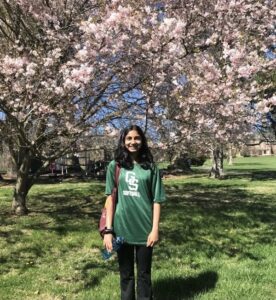 Irvine, CA
Irvine, CA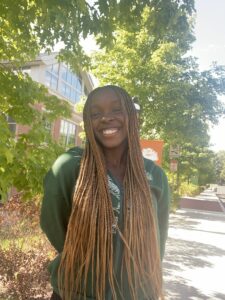 Feasterville-Trevose, PA
Feasterville-Trevose, PA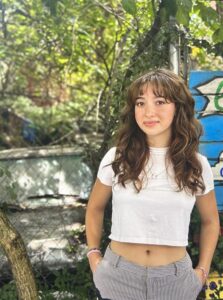 New Hope, PA (Previously NYC)
New Hope, PA (Previously NYC)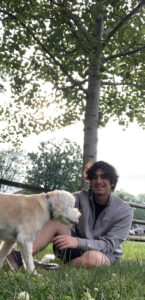 Richboro, PA
Richboro, PA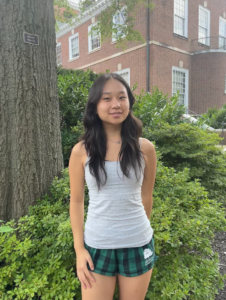 Englewood, NJ
Englewood, NJ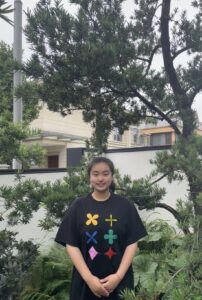 Ningbo, Zhejiang, China
Ningbo, Zhejiang, China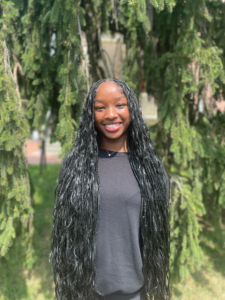 Willingboro, NJ
Willingboro, NJ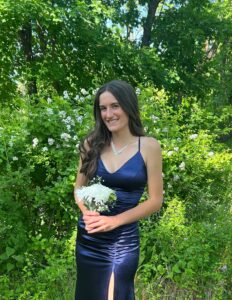 Yardley, PA
Yardley, PA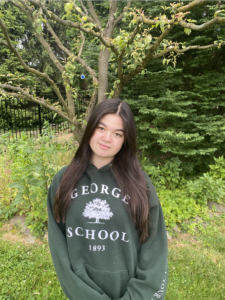 Newtown, PA
Newtown, PA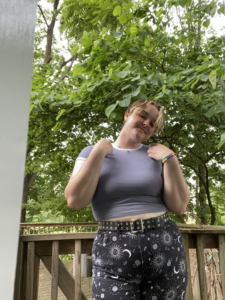 Holicong, PA
Holicong, PA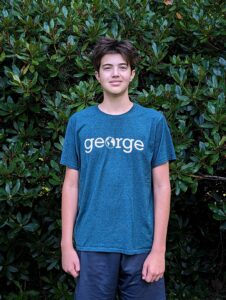 Newtown, PA
Newtown, PA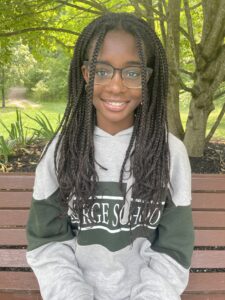 Hamilton, NJ
Hamilton, NJ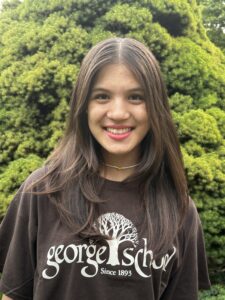 Yardley, PA
Yardley, PA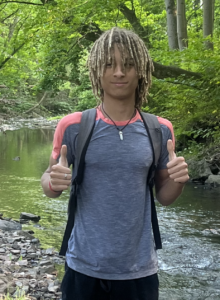 Lambertville, NJ
Lambertville, NJ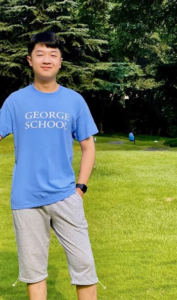 Chongqing, China
Chongqing, China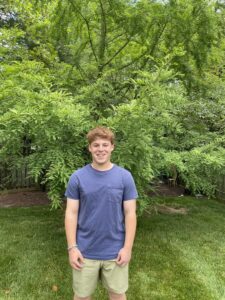 Pennington, NJ
Pennington, NJ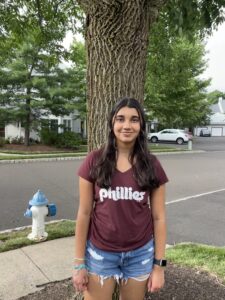 Yardley, PA
Yardley, PA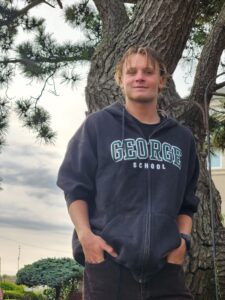 Bensalem, PA
Bensalem, PA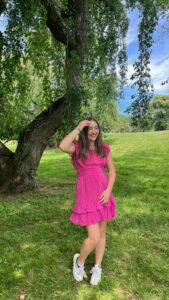 Borgota, Colombia
Borgota, Colombia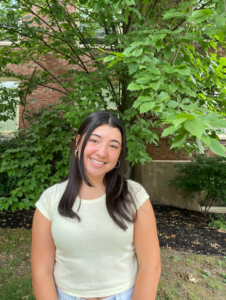 Newtown, PA
Newtown, PA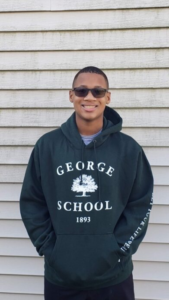 Burlington, NJ
Burlington, NJ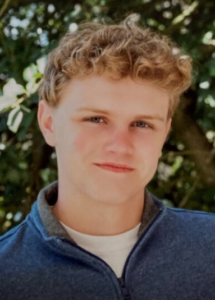 Langhorne, PA
Langhorne, PA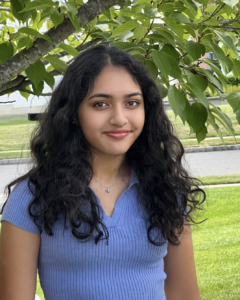 Princeton, NJ
Princeton, NJ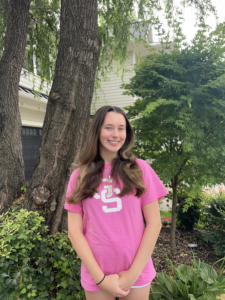 Langhorne, PA
Langhorne, PA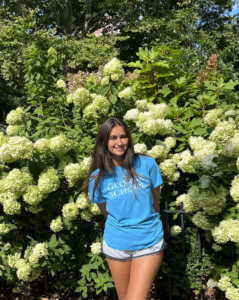 New York City, NY
New York City, NY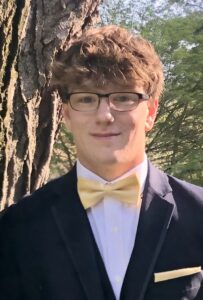 New Hope, PA
New Hope, PA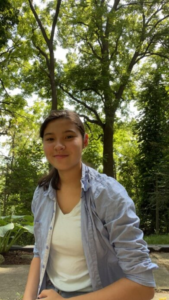 St. Catharines, Ontario, Canada
St. Catharines, Ontario, Canada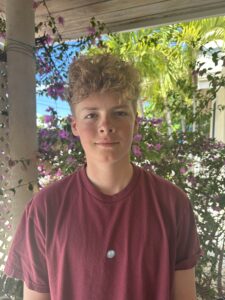 Providenciales, Turks and Caicos Islands
Providenciales, Turks and Caicos Islands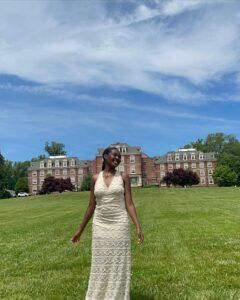 Willingboro, NJ
Willingboro, NJ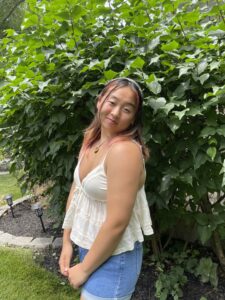 Princeton, NJ
Princeton, NJ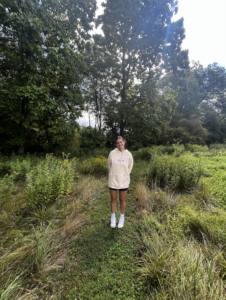
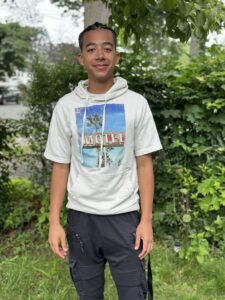 Newark, NJ
Newark, NJ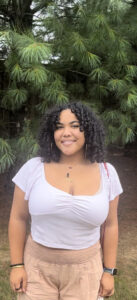 Trenton, NJ
Trenton, NJ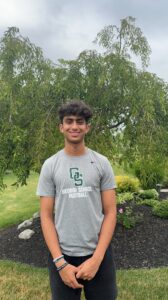 Newtown, PA
Newtown, PA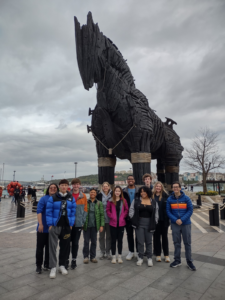
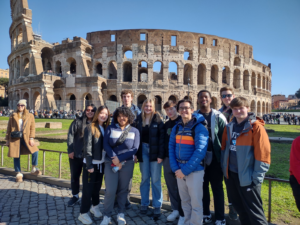
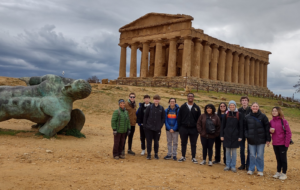
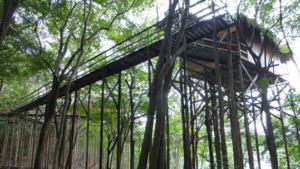
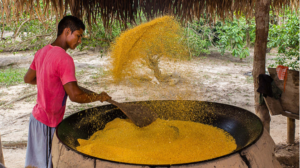
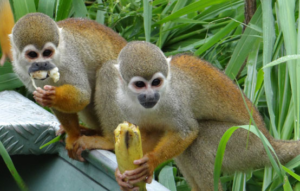
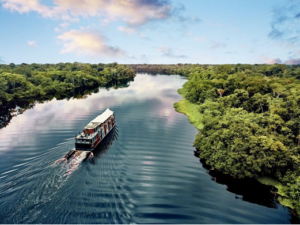
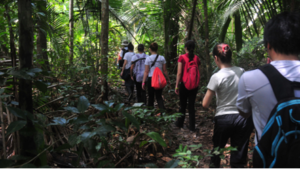
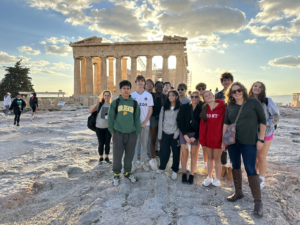
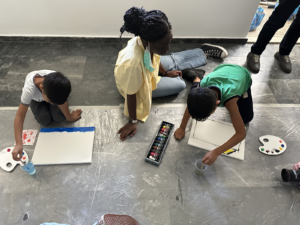
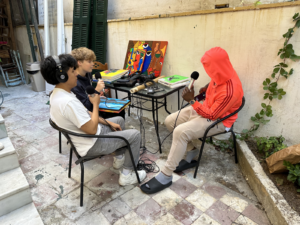
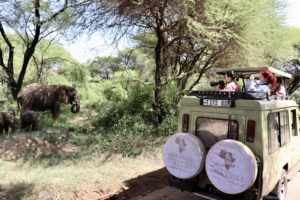
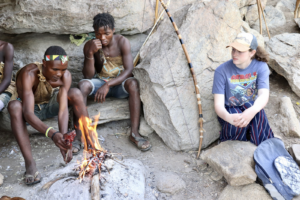
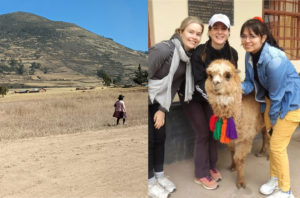
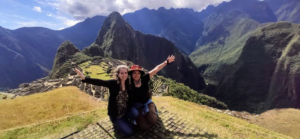
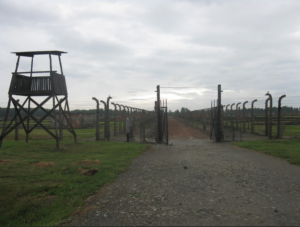
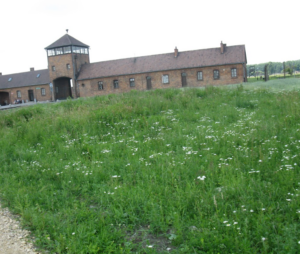
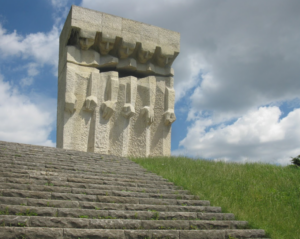
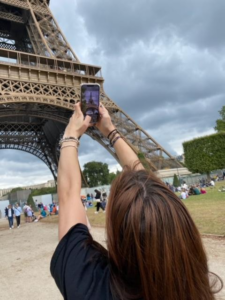
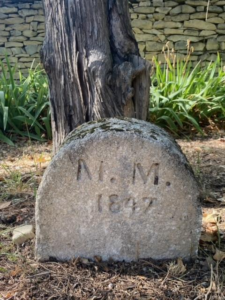
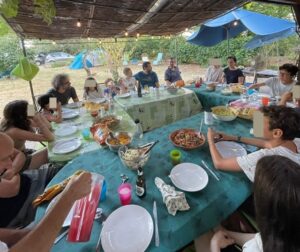
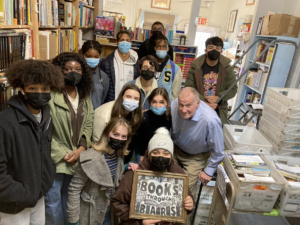
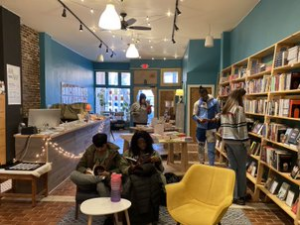
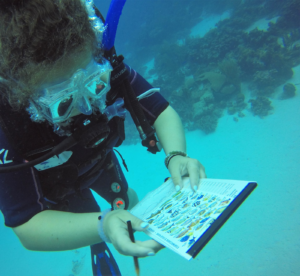
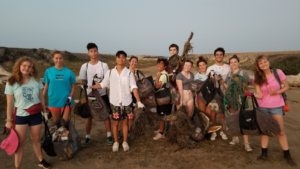
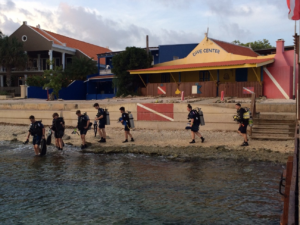
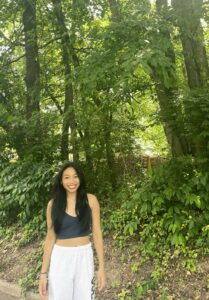 Lawrence, NJ
Lawrence, NJ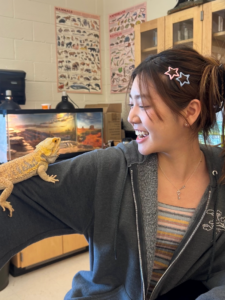 Seoul, South Korea
Seoul, South Korea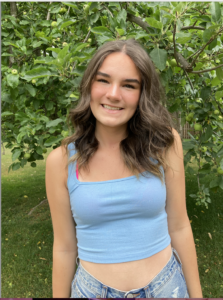
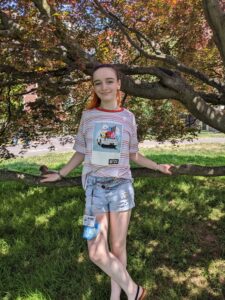 Milwaukee, Wisconsin
Milwaukee, Wisconsin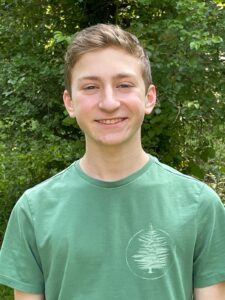 Pennington, NJ
Pennington, NJ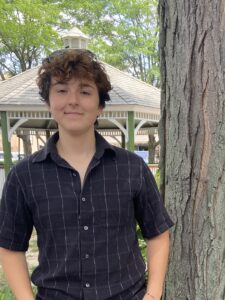 Jenkintown, PA
Jenkintown, PA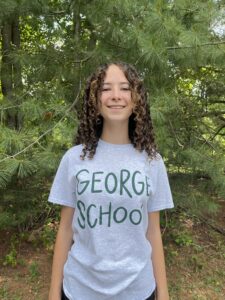 Ottsville, PA
Ottsville, PA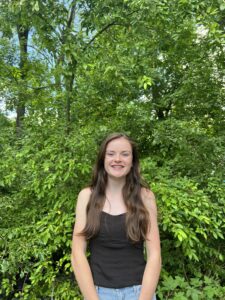 Yardley, PA
Yardley, PA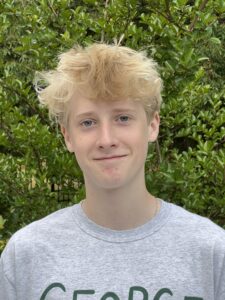 Providenciales, Turks and Caicos Islands
Providenciales, Turks and Caicos Islands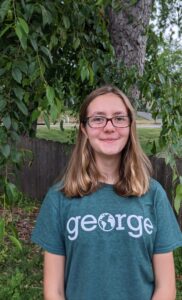 Hopewell, NJ
Hopewell, NJ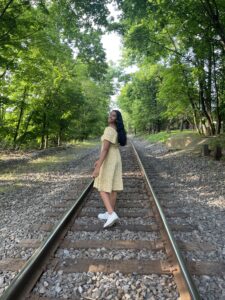
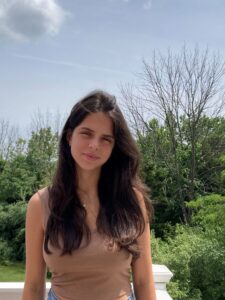 Pottstown, PA
Pottstown, PA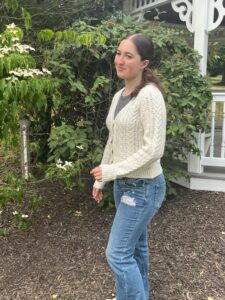 Playa del Carmen, Quintana Roo, México
Playa del Carmen, Quintana Roo, México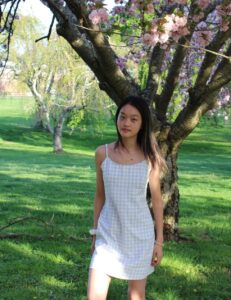 Shanghai, China
Shanghai, China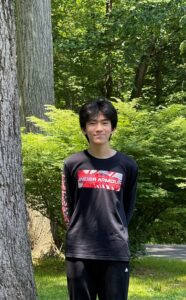 Beijing, China
Beijing, China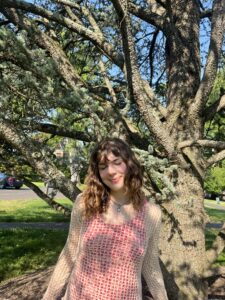 Yardley, PA
Yardley, PA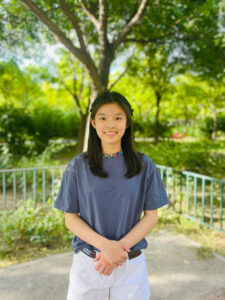 Beijing, China
Beijing, China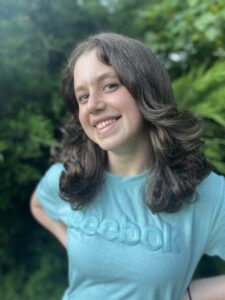 Holland, PA
Holland, PA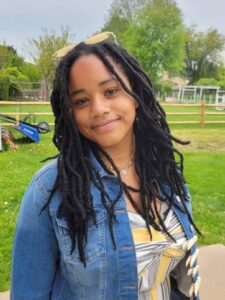 Langhorne, PA
Langhorne, PA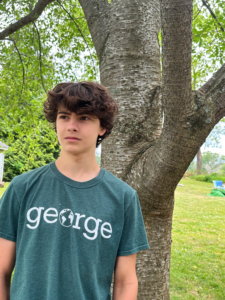 Ringoes, NJ
Ringoes, NJ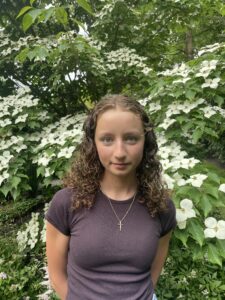 New Hope, PA
New Hope, PA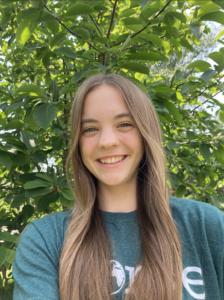 Dreshner, PA
Dreshner, PA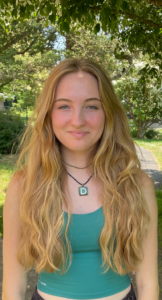 Yardley, PA
Yardley, PA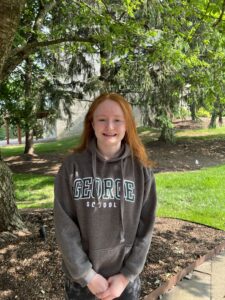 Yardley, PA
Yardley, PA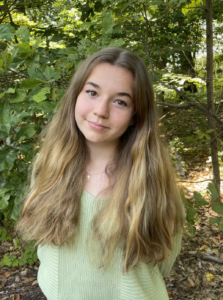 PA
PA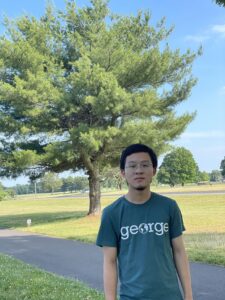
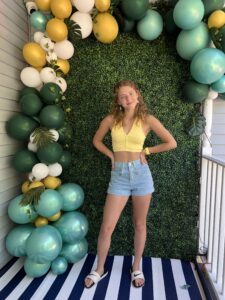
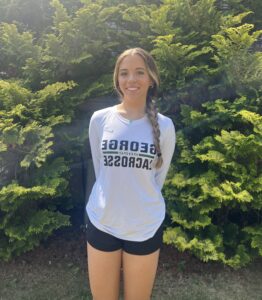
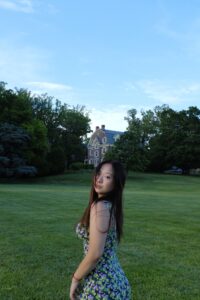 Xi’an, China
Xi’an, China